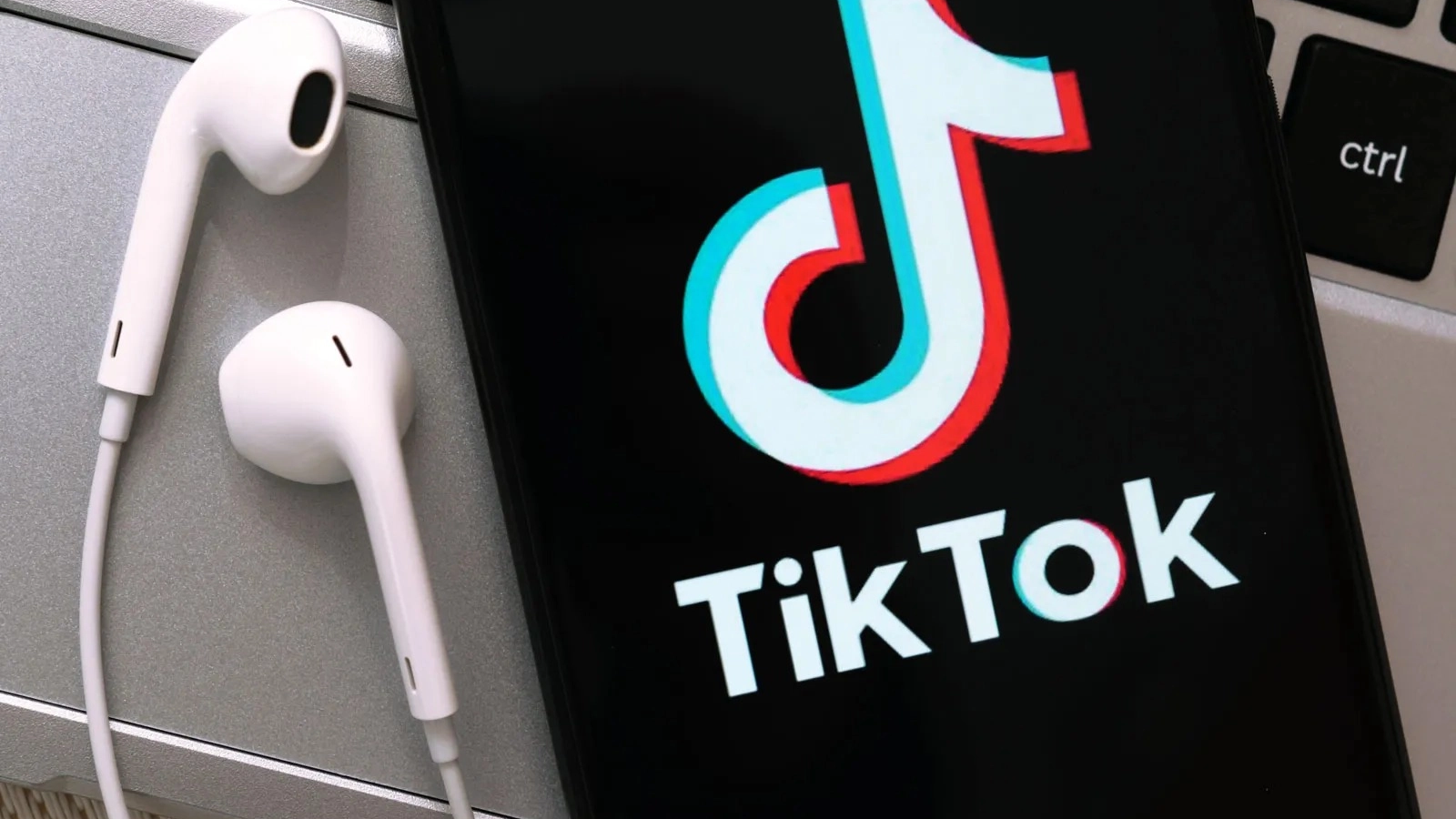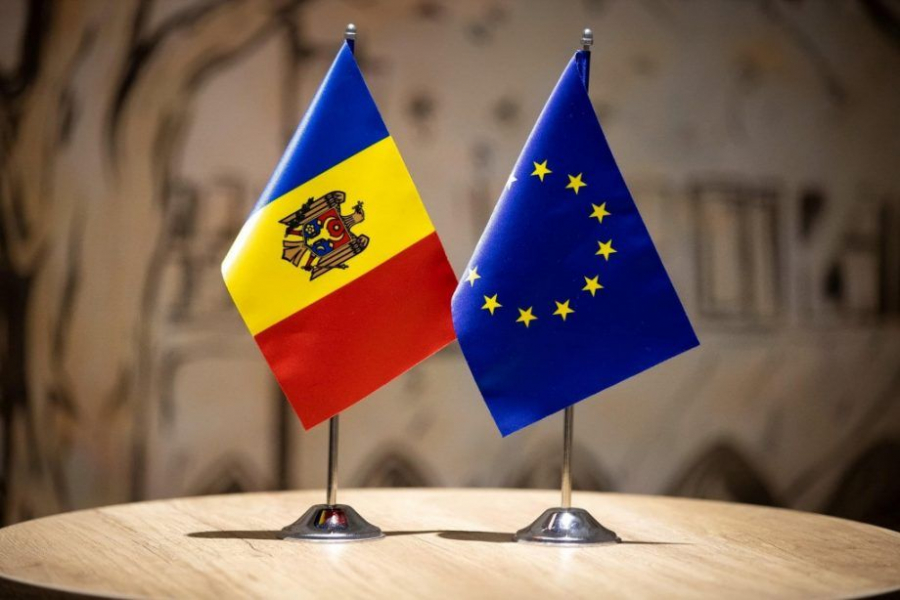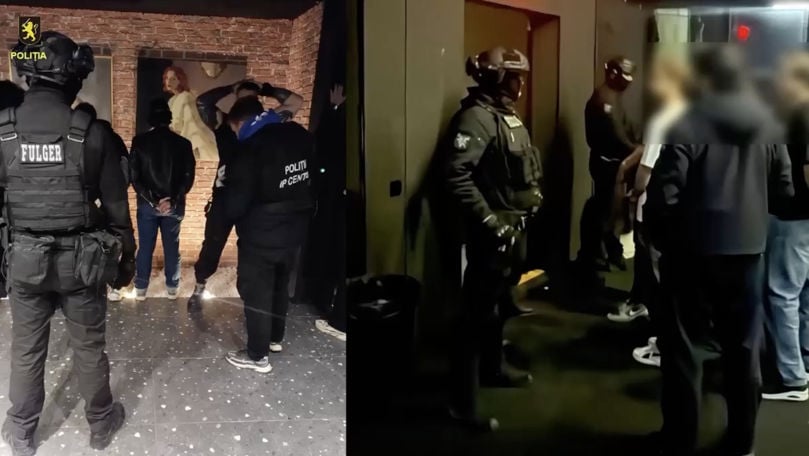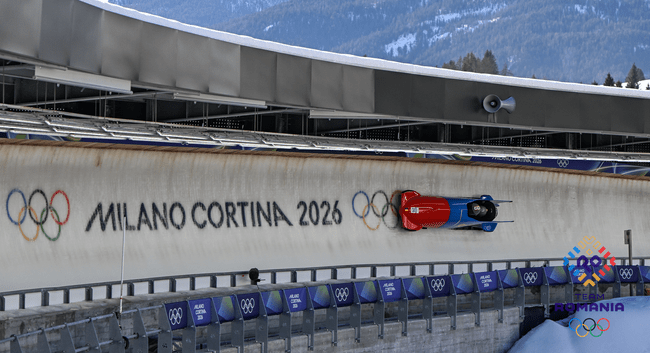Social media company TikTok defended on Tuesday before the European Parliament its measures to combat disinformation in the first round of Romania's presidential election, denying that it favored contender Calin Georgescu, who came in first place with 22.94% of the vote, news agency EFE reports, inform agerpres.ro.
Speaking before the European Parliament's Internal Market and Consumer Protection Committee, the company's representatives stressed that "all candidates were considered in the system without differentiating between independents and those belonging to a political party", and therefore they all faced "the same restrictions".
This is what TikTok's global Head of Product for Authenticity & Transparency Brie Pegum explained, assuring that of the networks dismantled in recent months for impermissible political content, only one supported Georgescu, and it had much fewer followers than others that backed other candidates.
"In general, we have worked continuously to try to prevent misinformation and coordinate authentic behavior," the TikTok representative said.
She also noted that TikTok has taken down over 66,000 fake accounts in Romania, about seven million fake "likes", some ten million fake followers and about 1,000 accounts that imitated candidate profiles.
In her turn, TikTok's Director of Public Policy and Government Relations Caroline Greer explained that the platform applied its internal rules for electoral processes during the Romanian elections and stated that in the months leading up to the elections, it had meetings with various authorities in the country, including several political parties and the Romanian electoral authority.
Furthermore, she mentioned that TikTok has over 6,000 content moderators in EU languages, of whom 95 Romanian content moderators.
The algorithm used by the social network to display content for users "responds to their activity signals", so it favors content feed that each user stops to view, the TikTok representative also explained.
The answers provided by TikTok representatives did not convince the MEPs present at the debate and the European Parliament's select committee will look at the possibility of sending additional written questions to the platform.
The European Parliament's Committee on the Internal Market and Consumer Protection heard TikTok representatives on how the company applies EU digital rules.
The EU's Digital Services Act (DSA), which entered into full force on 17 February 2024, sets strict obligations for digital service providers such as social media or online trade, to combat illegal content, online disinformation and other online risks to society.
After the first presidential round, Romania asked the European Commission to initiate a formal probe into the TikTok platform, based on EU social media rules.
In a letter seen by Politico.eu last Thursday, the social network TikTok - owned by Chinese company ByteDance - rejected accusations that it played an improper role to sway voters in the Romanian elections.
"To date, we have found no evidence of a Covert Influence Operation on our platform in the last few weeks in the runup to Romania's ongoing presidential election, as well as no evidence of foreign interference," TikTok said in a letter addressed to Romanian authorities, according to the cited publication.
TikTok adds that it has removed over 150 impersonation accounts linked to candidate Calin Georgescu and over 650 accounts linked to other candidates. "The highly speculative reports about the Romanian elections are inaccurate and misleading," TikTok spokesman Paolo Ganino said, as cited by Politico.eu.
































Comentează